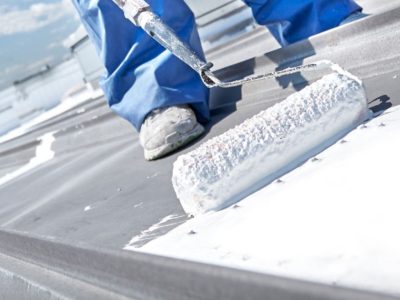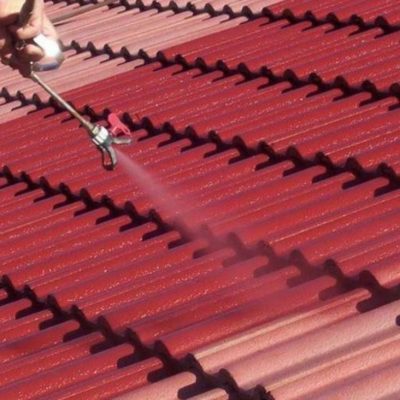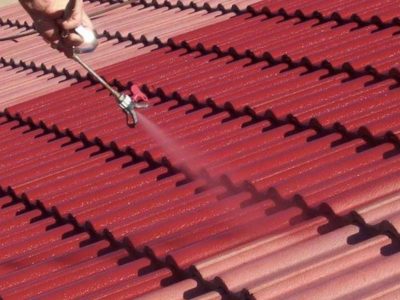So you want to know what is a heat pump and how does it work? A heat pump is a device that uses a small amount of energy to transfer heat from one location to another. Heat pumps are different from refrigerators because they use electricity as the main form of energy, while refrigerators use gas or oil.
A heat pump transfers thermal energy from a warm area to a cool one. How exactly that takes place varies widely from each system, but it always includes the following two steps:
Step 1: The heat source is used to heat an intermediary fluid that either radiates heat or transfers its heat to the environment. In the first case, we have an air-to-air or ground-source heat pump; in the second, hot water or refrigerant circulates through a building’s heating system. The resulting vapour might be used directly for space heating by passing it through a coil inside the house. Transferred outside via tubing (with non-pressurized hydronic systems), or indirectly by passing it through a heat exchanger, warms up a water stream that supplies the house’s heating system.
Step 2: The intermediary fluid cools down as its thermal energy is transferred to the environment, either through the air (in an air-to-air heat pump), by dumping excess heat into groundwater (for ground-source systems), or by evaporating refrigerant in a closed circuit (in refrigeration systems).
Heat pumps work by transferring heat into a building from sources outside the building, such as the ground or air. This can be an extremely efficient way of heating a house in winter, as it takes very little energy to transfer heat from cold areas to warmer ones. However, it also means you must have cooler areas available for your house to discharge its waste heat. The discharge area needs to be a lower temperature than the source area so that there will always be a temperature gradient and so that your dump or exhaust heat will always flow into the cold regions. For example, if you are cooling your house at 22 degrees Celsius, you must have an area outside your home below this. If your exterior ground temperature drops below 22 degrees Celsius, you can transfer heat to it using a ground-source heat pump system.
Heat pumps are a popular form of heating and cooling with many benefits. Here are five green reasons to use heat pump technology.
Saves Energy Without Sacrificing Comfort

You’re likely already familiar with a conventional air-source heat pump system that can effectively cool your home during warm summer months and provide efficient heating in cooler times of the year. But what you may not be aware that it reduces energy consumption compared to other heating and cooling systems.
Reduces Energy Demand
Traditional electric resistance technology is commonly used in homes with forced-air furnaces or baseboard heaters, but an air-source heat pump system uses up to 40% less electricity than electric resistance for heating and up to 67% less for cooling.
Conserves water
An air-source heat pump can provide two different types of heating: sensible and latent. Suitable heating warms your home by transferring low-grade energy rather than high grade — e.g., from outdoor air into your home, reducing humidity levels that contribute to mould, mildew, and dust mites in the indoor environment.
Conserves land
While heating equipment typically accounts for about 35% of your home’s size, air-source heat pumps are much smaller — which means you’ll save valuable space if you need to expand or renovate your existing building.
EPA Certification
All heat pumps made after March 2010 must be EPA certified, which means they’re 40 per cent more efficient than conventional units produced before the mandate.
Operating Efficiency
Heat pumps perform at their best in moderate climates; temperatures above 50 degrees can provide more energy than they consume! They operate less efficiently in extreme cold or hot weather (like every type of heating and cooling system), but you could decrease your home’s carbon footprint by 25 per cent over a year when used properly. The sooner you start using your new unit (or old unit, if it’s been replaced), the more money and energy you’ll save.
Size Matters

Because they generate less waste heat than conventional heating and cooling units, heat pumps can be up to 30 per cent smaller for the same comfort level-think tighter construction, fewer drafts, and reduced noise. This will lower your heating and cooling costs while making your home easier to maintain (and remodel).
Warranty Protection
Heat pump warranties vary by manufacturer but generally last 5-10 years on parts and 10-15 years on labour. They should also include provisions for maintenance and “duty hours,” so you don’t have to shell out extra coins if a repair is called after regular business hours announces itself during a weekend getaway.
Installation Costs
Heat pumps cost up to $7,500 on average but can save you more than $4,000 in energy costs over the unit’s lifetime-about 60 per cent. Now that’s efficiency!
Heat pumps can be used in commercial and residential buildings to take advantage of the surrounding air to provide power for heating and cooling inside your house or business building. The first benefit of using a heat pump over another method is that it requires an electricity source; therefore, providing indoor comfort without disturbing the tranquility of nature by burning wood or compromising levels of controls such as thermostats like those found with fireplace use. Furthermore, heat pumps offer increased efficiency because they don’t waste energy on uncontrollable factors such as fire hazards and CO2 emissions like those found using a gas stove.
However, heat pumps still lag behind fireplace use in energy efficiency during heating seasons despite their many benefits. This is large because heat pumps require electricity and rely on technology that doesn’t exist just yet: cold fusion or similar movement that would provide alternative power sources for heat pumps to stand up against wood-burning stoves. Until this happens, homes will be more likely to choose traditional heating options such as combi boilers.
What Is A Heat Pump And How Does It Work – Conclusion
In conclusion, a heat pump is an eco-friendly alternative that has multiple potential benefits to you home! While you are here why not dive into our blog section and read up on How to live off the grid in Canada and What is an Earthship home!








Comments